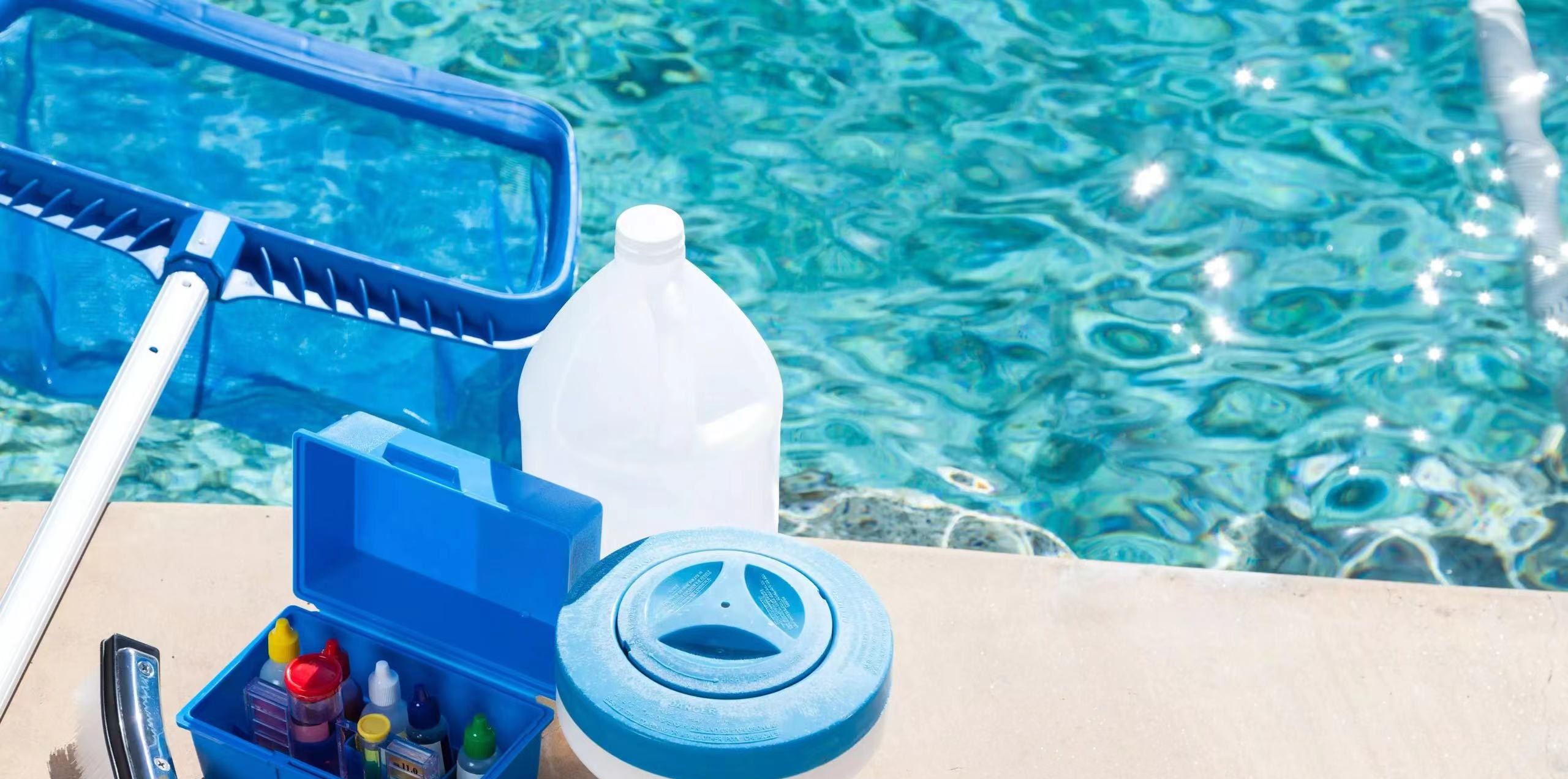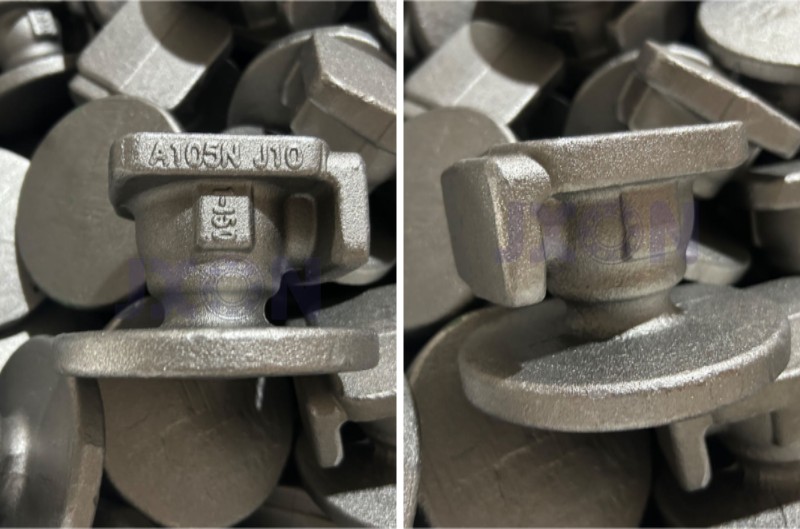Liquid chlorine ball valves
Liquid chlorine ball valve is a kind of spherical globe valve for liquid chlorine pipeline system. Liquid chlorine is a highly oxidizing and highly corrosive chemical, so liquid chlorine ball valves are usually made of special materials and designs to ensure corrosion resistance and tightness.
The structure of the liquid chlorine ball valve is similar to that of the ordinary ball valve, which is composed of the valve body, the ball, the seat and the operating rod. When the operating lever rotates, the valve ball will rotate, thus changing the flow path of the medium. The ball and seat of the liquid chlorine ball valve are usually made of corrosion-resistant materials, such as stainless steel, superalloy, etc. In addition, the sealing structure of the liquid chlorine ball valve also needs to have good corrosion resistance and reliable sealing performance to prevent the leakage of liquid chlorine.
Liquid chlorine ball valve has the advantages of corrosion resistance, low temperature resistance, good sealing, easy operation and flexibility, and is often used in liquid chlorine storage and transportation, chemical and industrial production and other fields. When using the liquid chlorine ball valve, it is necessary to follow the safety operation specifications to ensure the stable and reliable operation of the valve, and to carry out regular maintenance and overhaul to ensure the performance and service life of the valve.

The valve body of liquid chlorine ball valve is usually manufactured by forging process, rather than casting process. This is because liquid chlorine is highly oxidizing and highly corrosive, and the forged body can provide higher strength and better corrosion resistance to meet the requirements of liquid chlorine piping systems.
Forging is a process in which metal materials are heated to a certain temperature and then subjected to plastic deformation. By forging, the grain of the metal will be improved, and the structure will be more uniform and dense, thus improving the strength and corrosion resistance of the valve body. In addition, forging eliminates internal defects in the material and improves the reliability of the valve body.
In contrast, the valve body manufactured by the casting process may not be as uniform and dense in grain size and structure as the valve body manufactured by the forging process. Therefore, in the use of corrosive media such as liquid chlorine, the forged valve body is more commonly used to ensure the corrosion resistance, strength and sealing performance of the valve.

